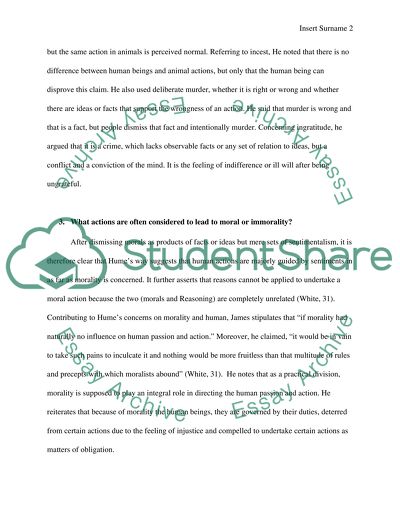Cite this document
(“Humanities Ethics Coursework Example | Topics and Well Written Essays - 1250 words - 1”, n.d.)
Retrieved from https://studentshare.org/religion-and-theology/1468908-humanities-ethics
Retrieved from https://studentshare.org/religion-and-theology/1468908-humanities-ethics
(Humanities Ethics Coursework Example | Topics and Well Written Essays - 1250 Words - 1)
https://studentshare.org/religion-and-theology/1468908-humanities-ethics.
https://studentshare.org/religion-and-theology/1468908-humanities-ethics.
“Humanities Ethics Coursework Example | Topics and Well Written Essays - 1250 Words - 1”, n.d. https://studentshare.org/religion-and-theology/1468908-humanities-ethics.


